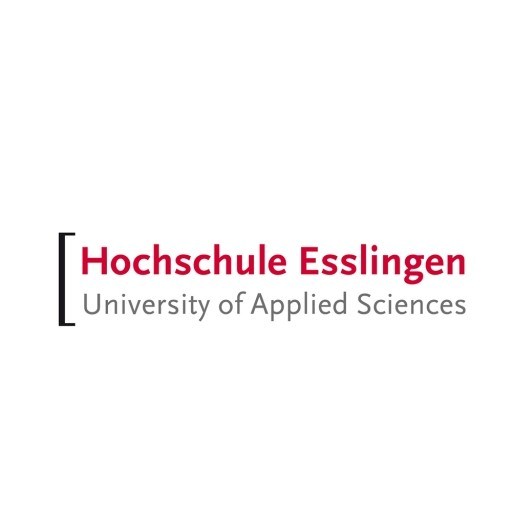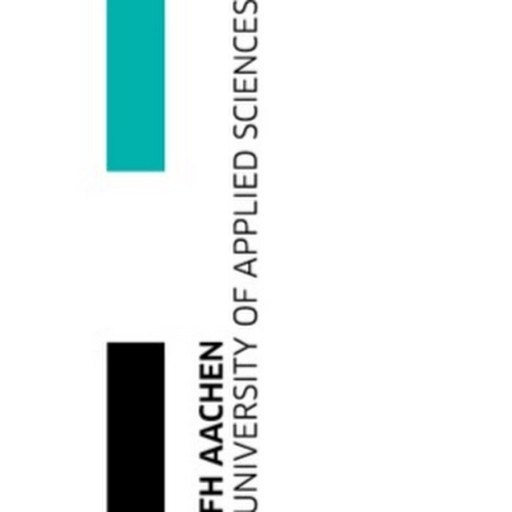Automotive Production Engineering at the Technical University Ingolstadt is a comprehensive interdisciplinary program designed to prepare students for the challenges of modern vehicle manufacturing and innovative automotive technologies. This degree program combines foundational engineering principles with specialized knowledge in automotive production processes, automation, quality management, and sustainable manufacturing practices. Students will explore the entire vehicle production chain, from design and development to final assembly and quality control, equipping them with the skills necessary to optimize production efficiency, implement cutting-edge automation solutions, and ensure high standards of quality in automotive manufacturing.
The curriculum is structured to provide a solid grounding in mechanical, electrical, and computer engineering fundamentals, alongside specialized modules focusing on automotive-specific production techniques. Students will have the opportunity to gain hands-on experience through laboratory work, project assignments, and industry internships, fostering practical skills and industry relevance. The program emphasizes innovation and the integration of new technologies such as Industry 4.0, robotics, and sustainable manufacturing practices, preparing graduates to contribute effectively to the evolving automotive industry. Graduates will be well-equipped for careers in vehicle production, process planning, quality management, logistics, and innovation management within automotive companies and suppliers.
The blend of theoretical knowledge and practical application aims to nurture problem-solving capacities, technical expertise, and innovative thinking. The program encourages interdisciplinary collaboration and emphasizes sustainability, efficiency, and digital transformation in automotive production. Students will also develop competencies in project management, communication, and teamwork essential for leadership roles in industrial environments. With close ties to the automotive industry, especially given the university's location in Ingolstadt—home to major car manufacturers—students will benefit from excellent networking opportunities, industry partnerships, and potential career pathways. Upon graduation, students will be prepared to contribute to the future of automotive manufacturing, addressing global challenges such as electrification, automation, environmental impact, and digitalization.
Educational organisation
The standard period of study for the Master's programme amounts to three theoretical semesters whereby the third semester is used primarily for the completion of the Master's thesis. The programme is offered as a full-time course. Within the range of subjects, students are conveyed an in-depth and detailed theoretical, technical and practical understanding of production systems in the automotive sector. This understanding goes beyond the strategic, planning and operative development processes of these systems with regard to product development.In the first semester, knowledge, skills and competencies in the field of Manufacturing Technologies in Automotive Production, Engineering Processes as well as Production and Logistics Networks in Automotive Industry are conveyed. Furthermore, students learn to work independently by engaging in an individual project. Additionally, specialised compulsory elective modules include the following: Digital Technologies in Engineering as well as Personnel and Leadership.
The second semester includes the following compulsory modules: Production System and Plant Design, Procurement, Cost and Innovation Management as well as Automation and Equipment Technologies. In Group Projects students practice working on bigger tasks as part of a project team and are given the opportunity to try out all project stages. The specialised compulsory elective modules offered include modules such as Technology Development and Management as well as Production Management and Optimisation.
The Master's programme concludes with the Master's thesis in the third and last semester. The thesis is complemented by seminars.
There are practical elements in all modules, stressing the application-oriented profile of this Master's programme, e.g. by providing project and thesis topics set by partner companies (especially for the dual programme). Courses provide also practice in university labs, company and fair visits etc.
Language and culture courses are offered throughout while the university is in session. German students have the opportunity to learn another foreign language.
In the course of the dual study programme, students are advised to do their internships at their respective company during their semester breaks with the option of complementing their practical experience with an entire semester before their Master's thesis. The companies are responsible for organising and devising the internship, but are advised to refer to the curriculum.
Internships
The Master's degree programme offers the opportunity to do an optional internship semester after the two theoretical semesters and before the Master's thesis semester. The students have to find an appropriate internship by themselves. The International Office offers courses for application training and will assist the students. It is common and recommended to write the Master's thesis within a company as an alternative to write it within the university.Students of the Dual Master's degree programme will complete two internships over semesters one, two and three, adding up to three months. Their Master's thesis is to be written within the company.
Positions for taking part in the Dual Master's degree programme are provided independently from the university only by companies - students have to arrange such contracts with a company on their own before the start of the Master's course. Suitable companies can be located in Germany or the students' home countries - students should search the companies' websites for dual programmes. It is advisable to apply at the students' home location to companies that have their headquarters or other sites in Germany.
Forms of assessment
Written or oral examinations at the end of the semester are the basic form of assessment. In addition, assessment may be based on class assignments, oral exams or project work.Most courses in the programme comprise a workload of 5 ECTS.
Course objectives
Graduates are supposed to acquire and expand their knowledge, skills and competencies in order to understand automotive production systems in their complexity theoretically, technically, and practically. Furthermore, they will understand development processes in automotive product development in order to be able to plan, develop, implement, operate, and develop production systems further in an entire technical, strategic, and managerial manner.There is an emphasis on the graduate's qualification. This enables them to work in highly linked processes, recognise, plan and execute tasks, assess the need and scope for action as well as take part in developing and managing. They are in a position to recognise the interdependency of technical, strategic, managerial, social, and further non-technical topics and integrate their actions responsibly.
The knowledge gained in the Master's programme Automotive Production Engineering enables the students to take on skilled specialist and managerial responsibilities in the areas of production planning, plant engineering, and production in the automotive sector (car manufacturers, suppliers, factory outfitters/plant/equipment manufacturers) and will make it possible for them to participate in complex projects or to manage these.
Language requirements
Applicants must provide proof of their English skills before registration: TOEFL 530 (paper-based) or 197 (computer-based) or 71 (Internet-based) or IELTS 6.0 or equivalent. Additionally, a proof of German language level A1 is required after the first semester.Academic requirements
Bachelor's degree in production engineering, mechanical engineering, industrial engineering, planning or technology, mechatronics, automation technology or equivalent with at least 210 ECTS credits or equivalent degree requirements (a minimum of seven semester at a German university with a workload of 25-30 hours per ECTS).Also specific experiences in production related topics are required and checked in an aptitude test on the basis of documents provided by the applicant (NO interview). Production experiences can be collected within suitable internships, professional jobs, a Bachelor's thesis, and other project work.
Enrolment fees
All students will have to pay a student welfare contribution of 42 EUR per semester.Costs of living
Student organisations estimate that costs of living are approx. 700-800 EUR per month, depending on individual needs and expectations.Mandatory health insurance in Germany will cost a student around 80 EUR per month.
Job opportunities
The university provides an internet platform with available jobs; in addition, research and teaching assistant positions are available.Arrival support
The International Office aims to help international students with all questions and problems they may face, e.g. residence permits, health insurance, accommodation, etc.Services and support for international students
The International Office works closely together with the student club N.I.C.E.Together we organise many activities and various trips to neighbouring cities like Munich, Regensburg and Nuremberg.
You will find all the information you need for your stay in Ingolstadt on our website. The team at the International Office will be glad to answer any further questions that you might have.
Accommodation
Finding accommodation might take time and should be planned well in advance.Between 350 and 400 EUR per month should be budgeted for accommodation.






